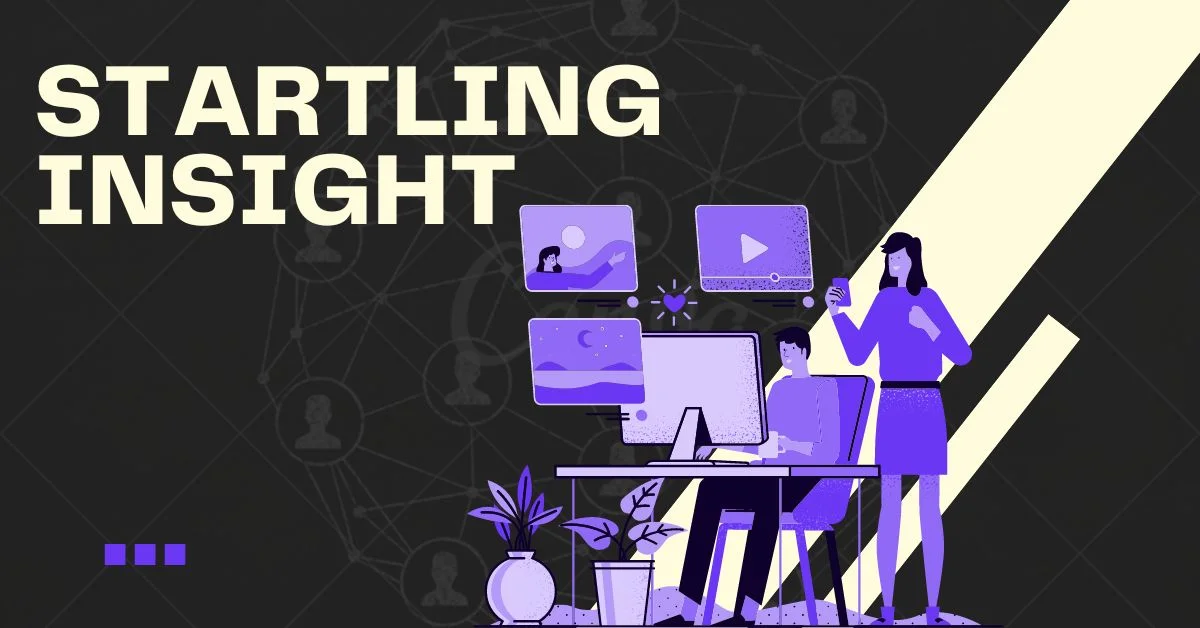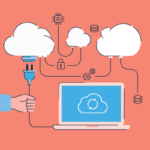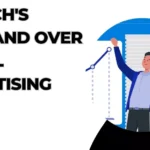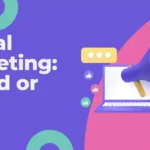In event marketing, a seismic shift is on the horizon, thanks to the burgeoning field of analytics. For decades, event marketing has been an indispensable tool in a marketer’s arsenal, offering a unique way to engage directly with audiences, build brand loyalty, and create unforgettable experiences.
However, despite its proven effectiveness, measuring the true impact of event marketing efforts has often been a nebulous endeavor. Enter analytics – the game-changer that promises to flip event marketing on its head, transforming it from an art into a science.
This exploration delves into how analytics is poised to revolutionize event marketing, offering startling insights that could redefine strategies, outcomes, and the future of events.
The Current State of Event Marketing
Traditionally, event marketing’s success has been gauged by broad metrics such as attendance numbers, general feedback, and overall sales around the event period. While useful, these metrics barely scratch the surface of understanding attendee behavior, engagement levels, and the event’s long-term impact on brand perception and loyalty.
The lack of deep, actionable insights has often left marketers guessing, making optimizing strategies and proving ROI challenging.
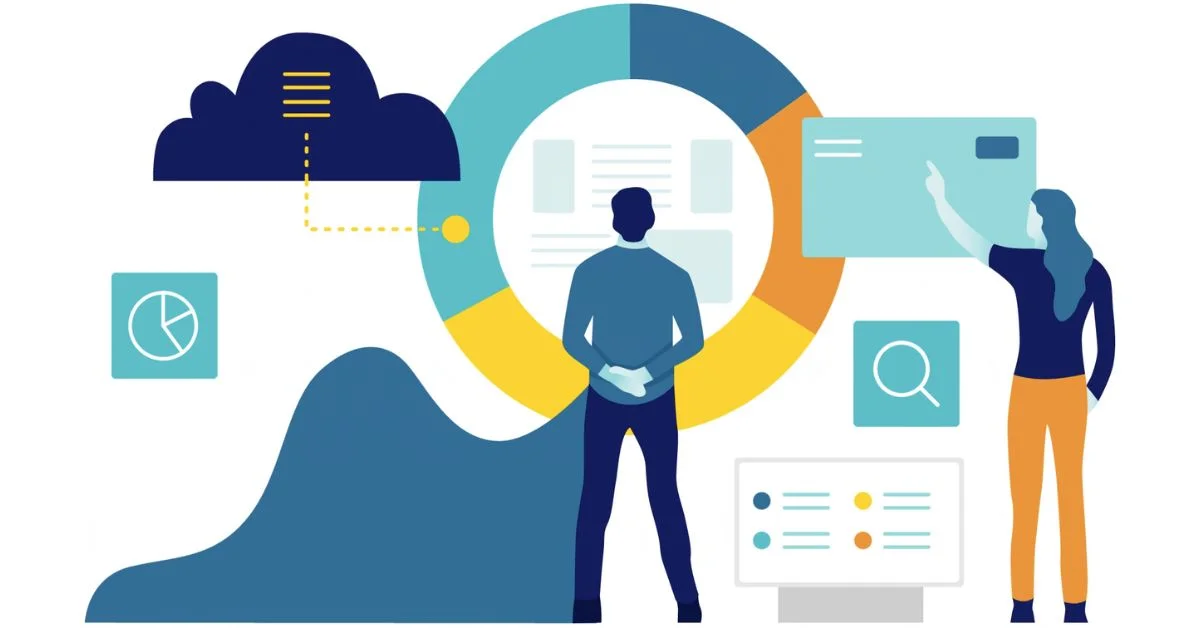
The Power of Analytics in Event Marketing
The integration of analytics into event marketing introduces an unprecedented ability to collect, analyze, and act on data from every touchpoint of the event experience. From pre-event engagement to post-event follow-ups, analytics offers a comprehensive view of the attendee journey, unveiling insights that were previously inaccessible.
1. Enhanced Attendee Segmentation and Personalization
With analytics, marketers can segment attendees based on their behavior, preferences, and interaction with the event. This data-driven segmentation allows for highly personalized communication and experiences, increasing attendee satisfaction and engagement. Imagine tailoring session recommendations, networking opportunities, and even food choices based on the individual preferences of attendees, thereby elevating the event experience to new heights.
2. Real-Time Engagement Tracking
Analytics enables the tracking of real-time engagement during events. By analyzing social media activity, app usage, session attendance, and live polling responses, marketers can gauge what’s resonating with attendees and what’s not. This real-time feedback allows for on-the-fly adjustments, ensuring the event dynamically evolves to meet attendee expectations and maximize engagement.
3. Measuring ROI with Precision
Perhaps the most significant advantage of analytics is the ability to measure the ROI of event marketing efforts with a level of precision that was previously unattainable. By tracking specific engagement metrics, conversion rates, and post-event behavior, marketers can directly link event activities to tangible business outcomes.
This capability not only justifies event marketing investments but also guides future budget allocations and strategy optimizations.
4. Predictive Analytics for Future Success
Looking beyond the immediate aftermath of events, predictive analytics uses historical data to forecast future trends, attendee behaviors, and event outcomes. This forward-looking approach enables marketers to proactively plan and customize events, ensuring they are aligned with evolving attendee expectations and market trends.
5. Driving Continuous Improvement
The insights garnered from analytics facilitate continuous improvement. By identifying what worked well and what didn’t, marketers can refine their strategies, improve event content and formats, and enhance overall event effectiveness. This cycle of learning and adapting ensures that each event is more successful than the last.
Challenges and Considerations
While the potential of analytics in event marketing is immense, it’s not without challenges. Privacy concerns, data security, and the complexity of integrating and analyzing data from multiple sources are significant hurdles. Marketers must navigate these challenges carefully, ensuring data is collected ethically, stored securely, and analyzed accurately.

The Future of Event Marketing with Analytics
The integration of analytics into event marketing heralds a new era of precision, personalization, and performance. As technology advances and the ability to collect and analyze data becomes even more sophisticated, the future of event marketing looks promising. Events will become more tailored, engaging, and impactful, delivering unparalleled value to both attendees and brands.
In this future, event marketing will not only be about creating experiences but also about understanding and optimizing every aspect of those experiences. Analytics will ensure that event marketing strategies are no longer based on intuition alone but are informed by a wealth of data, flipping traditional event marketing on its head and setting a new standard for excellence.
Conclusion
The startling insight that analytics could revolutionize event marketing is no longer a mere speculation but a tangible reality. By harnessing the power of data, marketers can transform events from broad-brush engagement strategies to finely-tuned, highly personalized experiences that drive real business results.
As we stand on the cusp of this transformation, it’s clear that the future of event marketing belongs to those who embrace analytics, turning every event into an opportunity for growth, engagement, and continuous improvement. In the age of analytics, event marketing is set to become more impactful, measurable, and essential than ever before.
